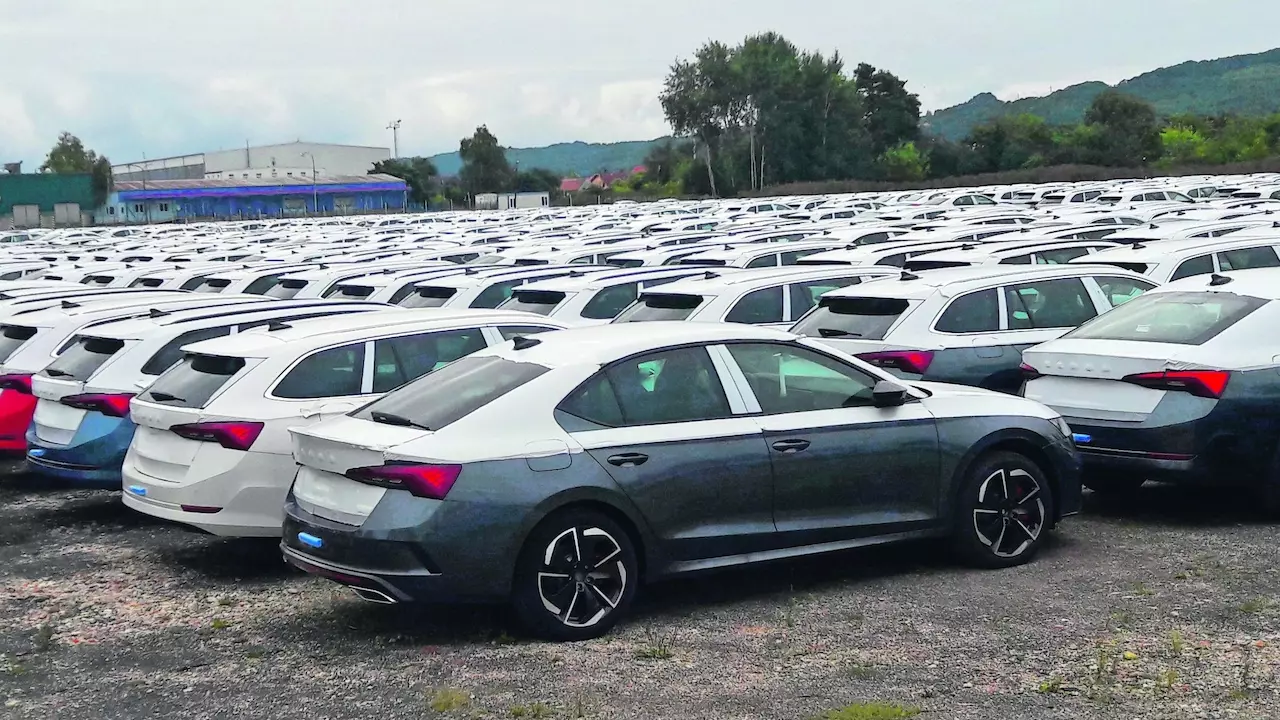On Monday, Škoda Auto announced the decision to stop production for the next two weeks. The reason for the production stoppage is the same as for the previous shutdown.Škoda has been dealing with a shortage of semiconductor chips.
The company may be closed until the end of the year while only the factory in Kvasiny has been running since Monday. The company will also take an inventory of stock and packaging. During the shutdown, 10,000 cars are expected to be completed and eventually delivered to customers.
Škoda has produced tens of thousands of unfinished cars, missing chips, and the carmaker company stores them in all sorts of places in and around the city. In particular, there are missing chips for the rear windows and chips for radios. The chips will be a long-term problem. “The overall situation in chips will probably not allow us to have full or above-standard production next year, certainly not in the first half of the year,” Jaroslav Povšík, chairman of the works council and union leader, said.
Employees are currently at home, and they are paid 80% of their average salary, including bonuses, a slight decrease from previous shutdowns, when they were paid 85%. An employee commented that this is roughly equivalent to a day’s earnings.
According to the unions, employees should not be afraid of further cutoffs. “From November 1, a reduced service standard will take place. This will trigger an immediate suspension of staff recruitment and maximum use of the local staff and agency workers, ” Škoda announced. Another solution is the movement of staff between operations as needed. Priority will be given to transferring employees within one factory and between the Mladá Boleslav, Kvasiny, and Vrchlabí plants if necessary.
Last year, Škoda Auto delivered over one million vehicles worldwide. It operates three production plants in the Czech Republic. It manufactures cars in China, Russia, Slovakia, and India, mainly through group partnerships and in Ukraine and Kazakhstan in cooperation with local partners. It is active in more than 100 markets.






Leave a Reply